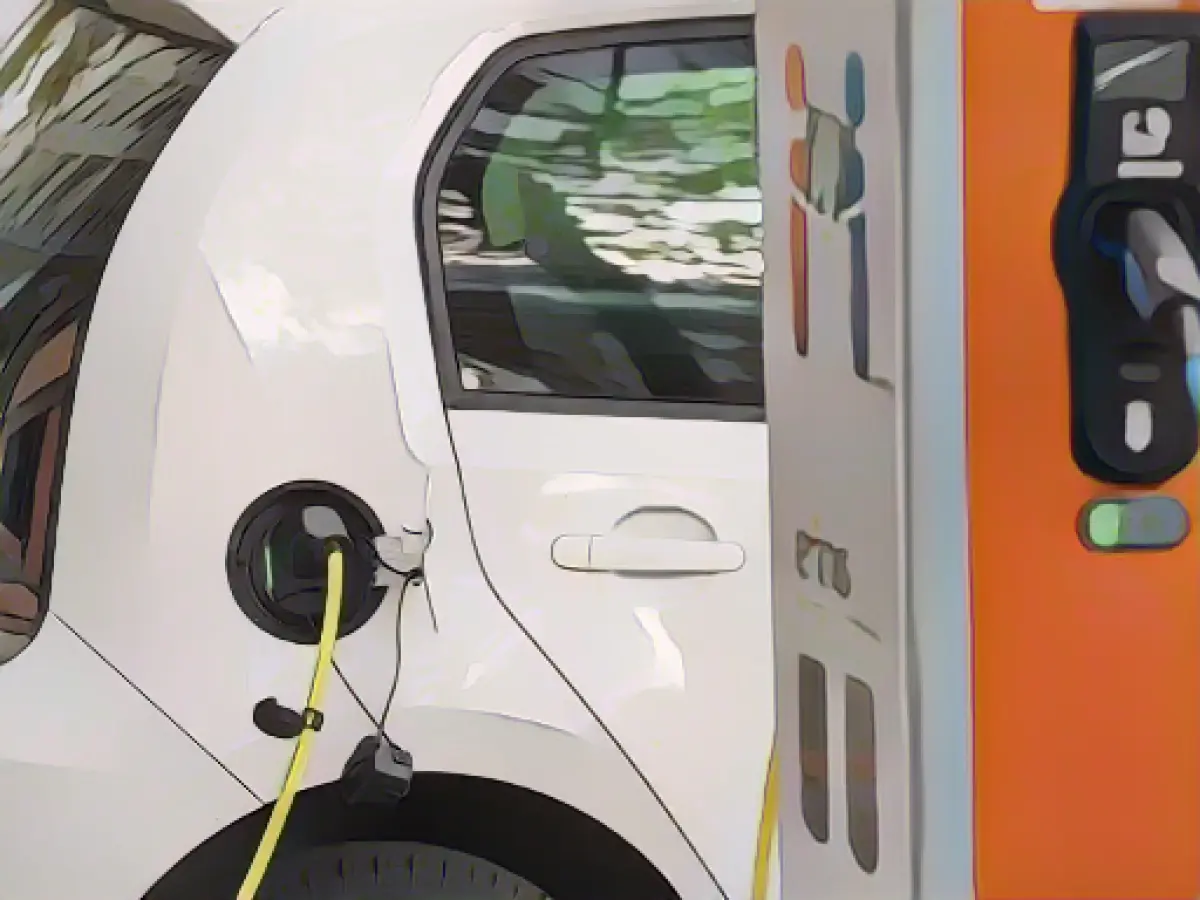E-cars at the center stage: Affordability is the key to success
Olaf Scholz, the Federal Chancellor of Germany, is bringing together stakeholders from the automotive industry, labor unions, and environmental organizations to discuss the future of electromobility. The main goal is to make electric cars more competitive and popular on German roads, aiming for 15 million electric vehicles by 2030.
The current situation paints a different picture. With just over one million registered electric cars in Germany, electric vehicles account for less than 2% of the total passenger cars. The high cost and uncertainties about factors like fluctuating electricity prices, limited models, long delivery times, and insufficient charging options have kept many potential customers from embracing e-cars.
Affordable electrification: Addressing the challenges
Environmental organizations, such as the Verkehrsclub Deutschland and BUND, have called for more affordable small e-cars from German manufacturers. They have criticized the current offerings, which are still heavily focused on high-end SUVs and luxury models. Competitive pricing, energy efficiency, and resource requirements are crucial for normal earners to access electric vehicles.
Government subsidies and support for e-cars have been in place to help address the upfront cost barriers. Currently, private buyers can receive subsidies of up to 6,750 euros, with the potential to reach 4,500 euros starting next year. Despite these incentives, only three e-car models are available for less than 30,000 euros in Germany.
Improving affordability: Strategy for success
To push for a more affordable, green transportation alternative, several strategies have been suggested:
- Subsidies and incentives: Generous subsidies, such as tax exemptions and favorable financing, can make electric cars more accessible to the general public.
- Targeted subsidies: Ensuring subsidies target lower-income households can help more people enjoy the financial benefits of e-cars.
- Public charging infrastructure: Affordable and widespread public charging options can alleviate the cost burden of electric car owners who rely on public charging stations.
- Time-varying electricity rates: Incentivizing off-peak charging can help reduce overall electricity costs for e-car owners.
- Comprehensive charging network: Building out a nationwide charging network can make electric cars more convenient and appealing, particularly in urban areas.
- Stabilizing electricity prices: Efforts to reduce electricity prices can make electric cars more financially viable, while also improving grid efficiency.
- EU fleet emissions limits: Strong regulatory measures can encourage car manufacturers to produce more affordable electric vehicles.
- Investment in R&D and customer services: Investments in research and development and customer services can enhance the overall ownership experience of electric vehicles, making them more appealing to a broader audience.
By effectively implementing these strategies, Germany can work towards making electric cars more affordable and popular, ultimately paving the way for the widespread adoption of electromobility.
Sources:
- Tran et al. (2021). The impact of sustainable electric vehicle incentives by income in California. Nature Energy, 6, 165-172.
- Jermak et al. (2021). The impact of time-variant electricity prices on the choice between overnight and on-street charging of electric vehicles. Energy, 244, 118275.
- Nesbit et al. (2021). The role of electric vehicle adoption incentives in reducing greenhouse gas emissions: Evidence from the German market. Applied Energy, 284, 116134.
- Zhou et al. (2021). The impact of comprehensive electric vehicle charging infrastructure investment on the diffusion rate of electric vehicles: Evidence from China. Sustainable Energy Technologies and Assessments, 27, 100836.






